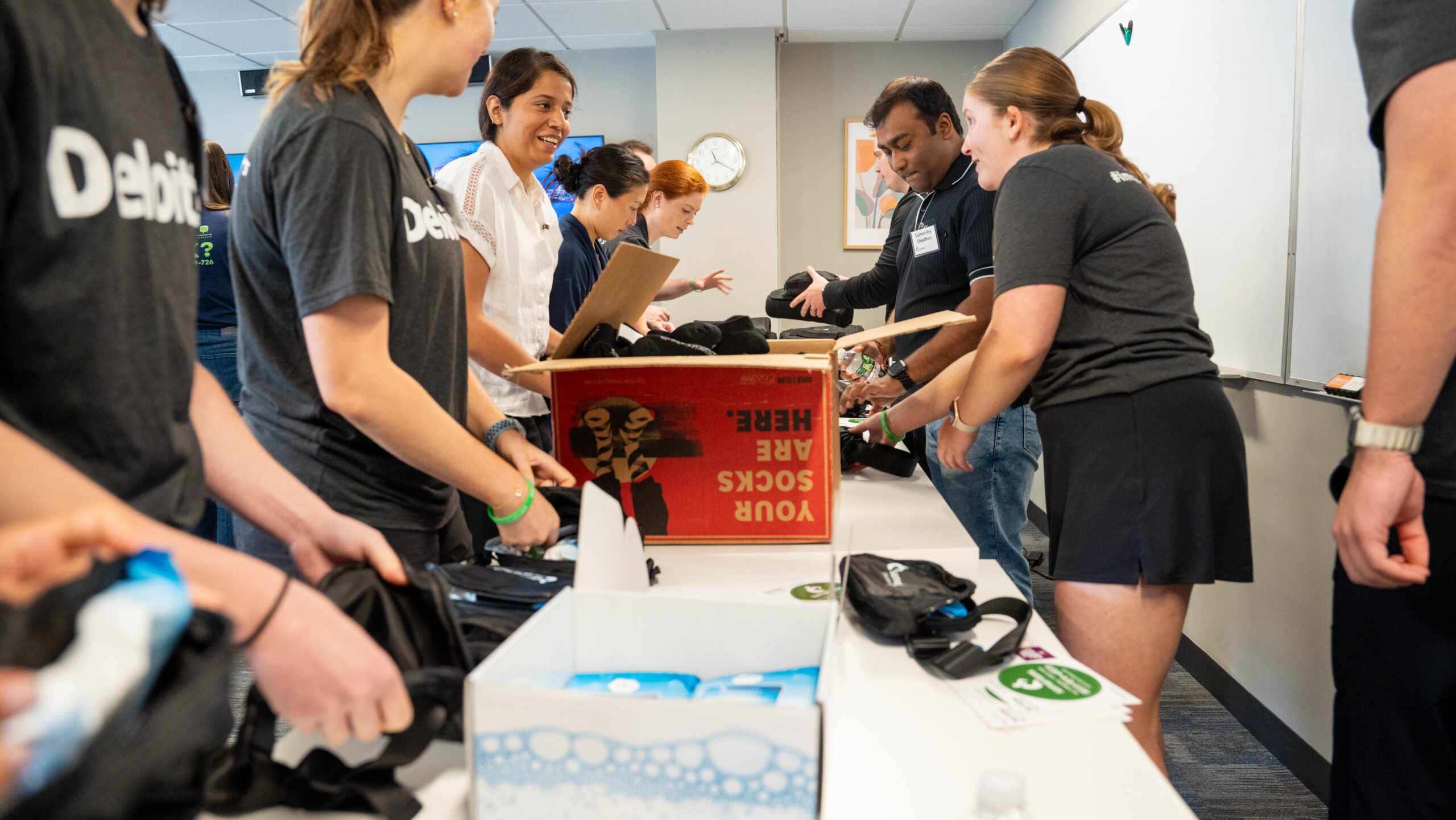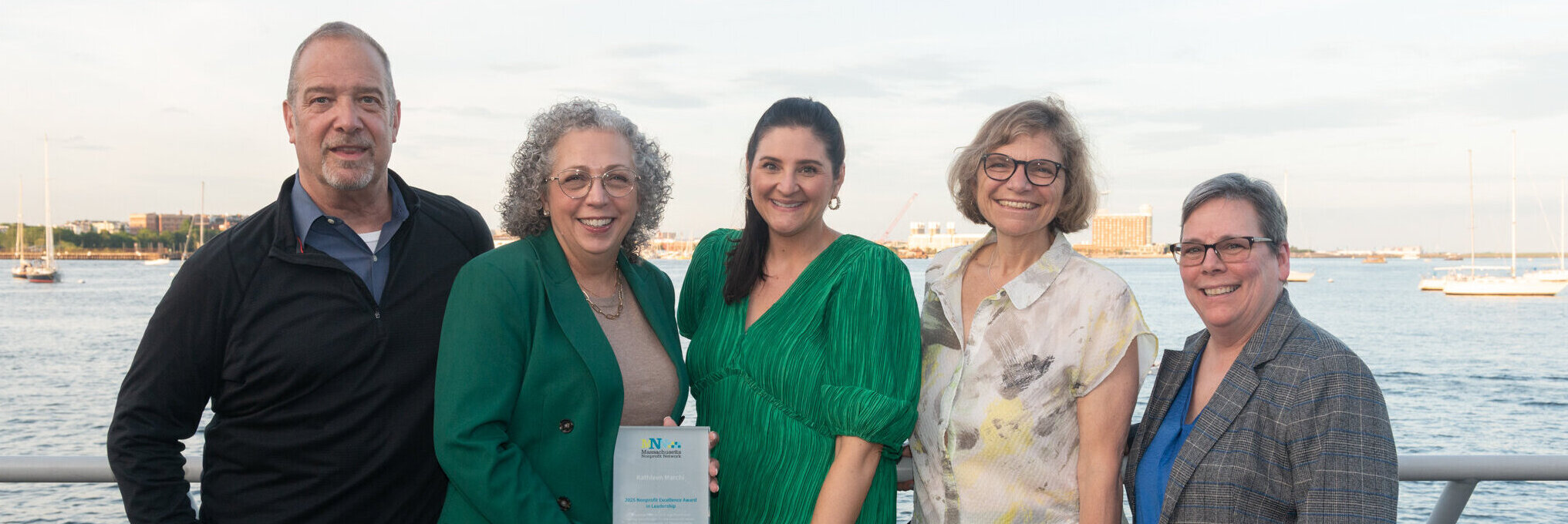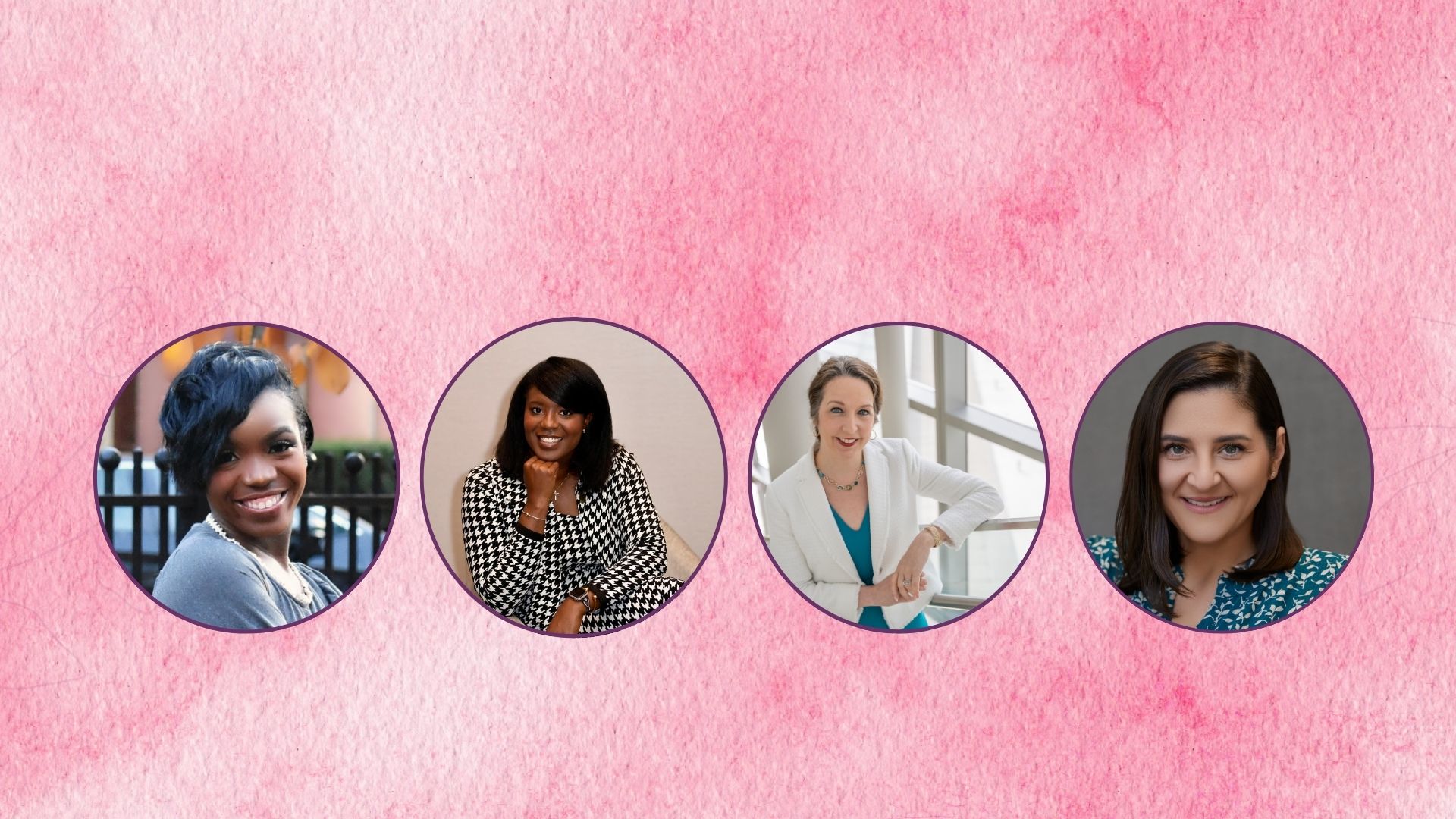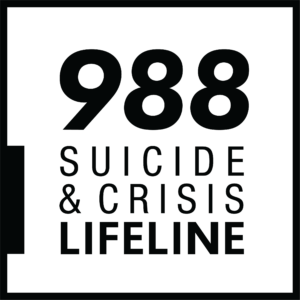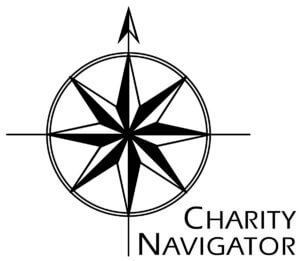The Morrissey College of Arts and Science at Boston College has been offering the same course for the past 50 years. It is one of the most sought-after classes, with students often on a waitlist before they can enter. It is a twelve-credit, year-long course in philosophy and theology entitled “Person and Social Responsibility” – but everyone knows this notorious class as the PULSE Program.
The mission of the PULSE Program is to “foster critical consciousness and enable students to learn how to work for a just society.” Boston College accomplishes this by partnering with social change organizations across Boston like Samaritans so that PULSE Program students can volunteer their time at those organizations during the year-long course. Having offered 3.2 million hours of service to the greater Boston community throughout its 50-year history, the PULSE program focuses on helping students make relevant connections between the course material and their experiences with community service.
Our students who serve at Samaritans come to understand the ways that various social injustices can very concretely, deeply, and painfully affect peoples’ lives.
Meghan T. Sweeney is the Director of the PULSE Program for Service Learning, and she shares that Samaritans has been a partner of the PULSE program since 1977.
“Our students who serve at Samaritans come to understand the ways that various social injustices can very concretely, deeply, and painfully affect peoples’ lives,” she explains. “Samaritans helps PULSE students better understand and practice compassion, empathy, patience, friendship, care, accompaniment, attentiveness, generosity, perseverance, love, mutuality, vulnerability, and respect for the dignity of every human being.”
This year our organization had the privilege of having four Boston College students serve as Helpline volunteers during the 2022-2023 school year. We had the opportunity to sit down with one PULSE Program student – Sophomore Carolyn Alquist, a Political Science and Sociology double major – to learn more about her experience with Samaritans.
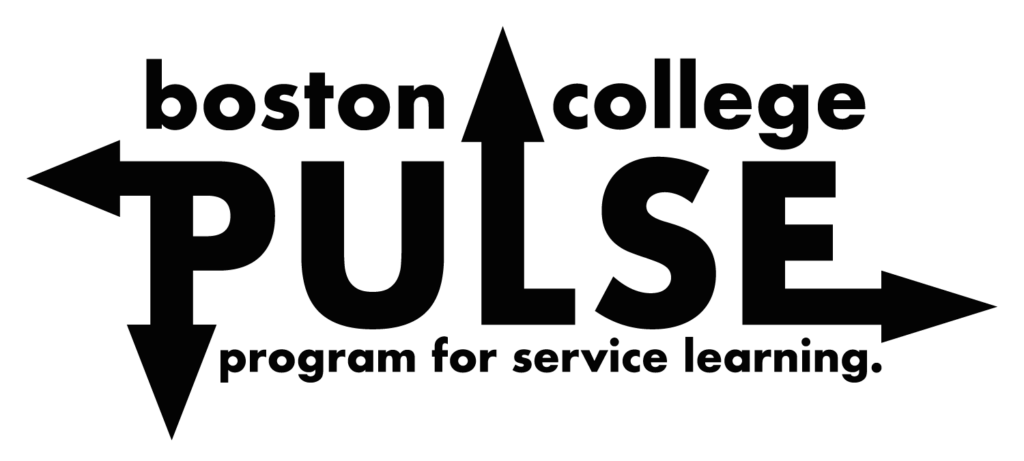
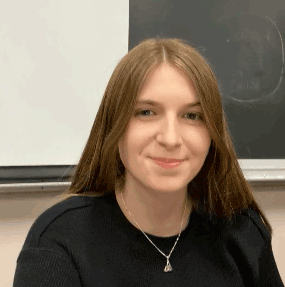
In the PULSE Program, you get to choose which social change organization you would like to do your field work in. Why did you select to spend your time at Samaritans?
A lot of the organizations focus on education and working with kids. I liked Samaritans because it is something different. I also have had a lot of experience with mental health issues through loved ones, and I’m passionate about making mental health awareness more common.
One thing I didn’t realize is that some people choose to call us every day. They are not feeling suicidal, but they just need someone to listen to help them get things off their chest.
This month we are focusing on helping our community of supporters find the place where they want to contribute to our lifesaving mission. What has been your place at Samaritans this year?
I have been volunteering on the Helpline. I started in September with a pretty intensive training to learn how to truly listen to and befriend those who call in, and I started working my own shifts by mid-October. I serve on two 4-hour shifts each week.
What has the experience been like, and how have your expectations aligned or differed from what you have experienced?
One thing I didn’t realize is that some people choose to call us every day. They are not feeling suicidal, but they just need someone to listen to help them get things off their chest. I also didn’t expect to love philosophy as much as I do. In class, the concepts are highly conceptual and theoretical, but we then apply it to social issues like mental health, food insecurity and homelessness. I feel like I have a better understanding of the issues in the world by being able to reflect on my experience with Samaritans so deeply.
What have you learned as a result of your time working at Samaritans?
Samaritans taught me how to validate emotions. It’s made me a more empathetic friend and person. The other day, I was playing a card game with my friends where you have to ask each other deep questions. The question was, ‘Who would you go to for emotional support?’ I’ve always thought of myself as a problem-solver, but not necessarily someone who’s good at emotional support. But they all picked me as the friend they would go to. That showed me that I really have become a better listener.
What has been the hardest part about being a Samaritans volunteer?
Sometimes when people call in, they can be hostile. They aren’t hurting my feelings, but I know that they are just in such a bad place – so much that they aren’t ready and willing to receive the support we can offer. Sometimes they want us to solve their problems, but unfortunately, that’s not our role. When they get frustrated or upset about it, that can be really hard.
Why do you believe it is important for schools like Boston College to partner with organizations like Samaritans? What impact do you believe it can create?
At Boston College, we have a huge student body who have the time and ability to do the PULSE program and to help. Because we have the philosophy component where we reflect on our experiences volunteering, I genuinely believe we are becoming better people. We are more empathetic. I think that the PULSE Program has the ability to help the Boston community in a truly impactful way.
What do you wish the world knew about Samaritans, suicide, and mental health?
In general, people are afraid to talk about these issues. My family experienced mental health struggles so we talk about it now, but before that, we didn’t talk about our mental health either. I want the world to know that it’s okay to need help and to want support. All of us have struggled in one way or another.
How do you think your experience with Samaritans will affect you in the future?
I do think that Samaritans has made me less judgmental of people. I think it’s made me a better listener. Now when I get in a disagreement with someone, I try to figure out what they are going through. Samaritans has also made me better in emergency or high-stress situations. I can stay calm if something intense is going on. PULSE has been one of the most fulfilling parts of my college experience, and I know I will use what I have learned for the rest of my life.
Volunteer with Us
Each day, people turn to our 24/7 Helpline for nonjudgmental support. You can be the caring listener who answers.
